December 2017
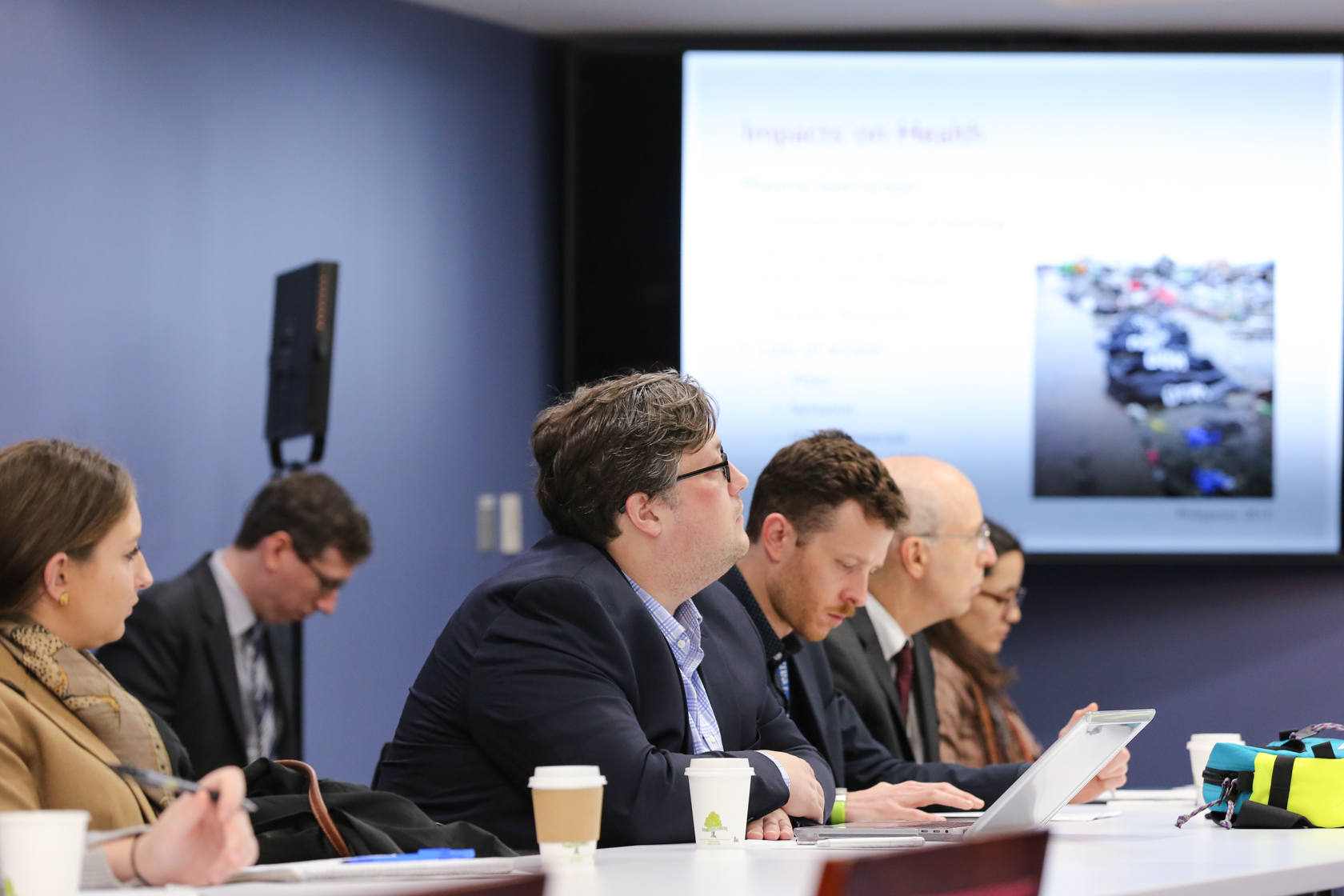
Saving Lives, Saving Livelihoods
December 19, 2017
When Eric Viala was a student in engineering school, heavy rains triggered a landslide that buried a campground in an Alpine valley near his home in Annecy, France. “It happened during the night and killed 23 people,” Viala said. The experience left its mark on Viala, who went on to become the director of Winrock’s […]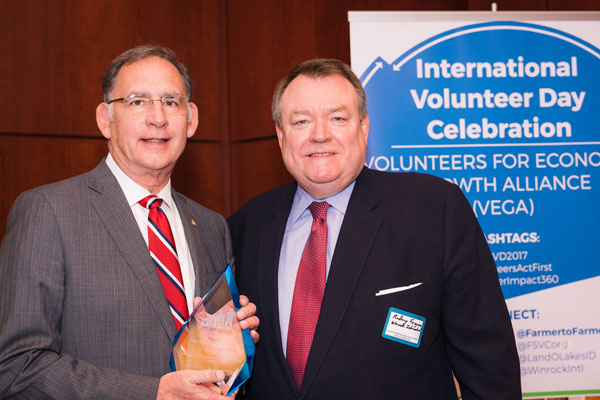
Honoring Champions for Change
December 13, 2017
On December 5, Winrock International President and CEO Rodney Ferguson joined a diverse group of volunteers, private sector experts, USAID leaders, members of Congress and other organizations to celebrate International Volunteer Day on Capitol Hill. At its Volunteer of the Year Award Celebration, Volunteers for Economic Growth Alliance (VEGA) honored six exceptional volunteers and six […]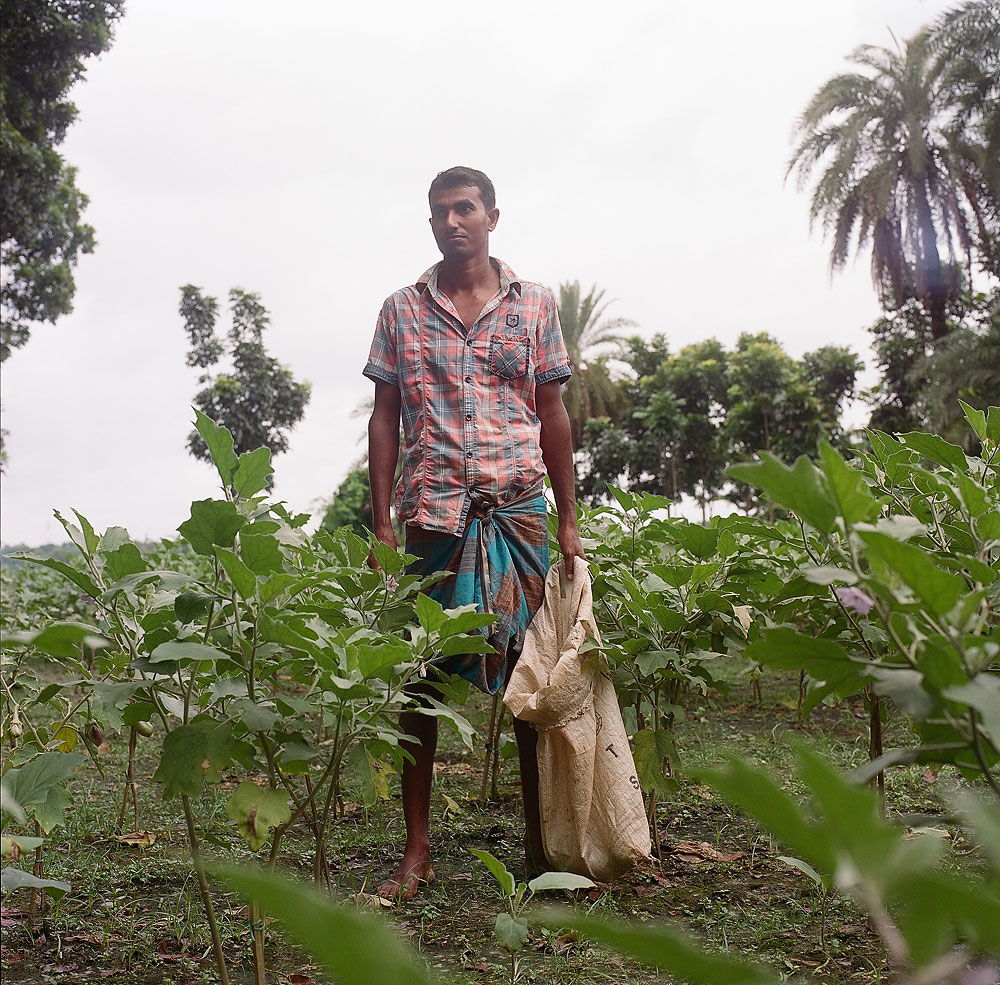
A Conference, an Exhibit, a Plan
December 13, 2017
More than 330 participants attended a two-day conference in Dhaka, Bangladesh, on the National Plan of Action for Combating Human Trafficking. Organized by the government of Bangladesh and the Bangladesh Trafficking in Persons Program (BC-TIP), implemented by Winrock International, the conference featured remarks by USAID Mission Director Janina Jaruzelski as well as the secretary of Bangladesh’s […]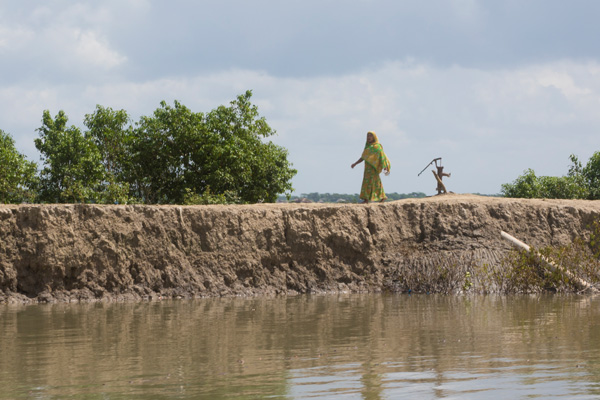
Water Security and the Global Water Strategy
December 13, 2017
By Eric Viala, Sustainable Water Partnership Director On November 1, in what otherwise might have been a typical congressional hearing, Republican Congressman Charles Dent looked toward his former colleague, newly installed USAID Administrator Mark Green, and posed an interesting question: “Water scarcity is known as a threat multiplier… What more will USAID do under your […]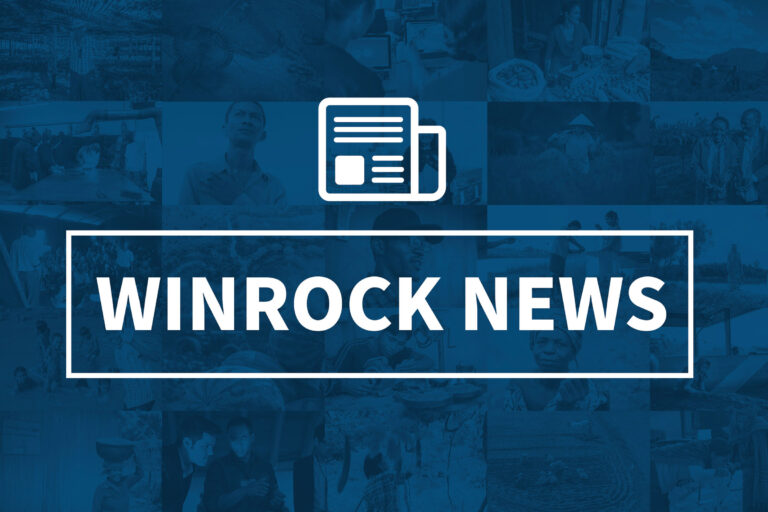
Innovative Job Portal That Prevents Trafficking Named Best Tech in Asia
December 7, 2017
December 7, 2017 — The 2017 ASEAN Information and Communication Technology Awards recognized Bong Pheak, a USAID-funded employment service for low-skilled workers, as the year’s most important technology-for-development initiative in ASEAN. Winners were selected by a panel of regional business and innovation specialists. Bong Pheak is an internet-based employment service for unskilled factory, construction and […]
Life Lessons
December 4, 2017
“Before, I did not know what my children were learning in school. Now, I can guide them,” says Tamanna Khatun, the mother of five sons who lives in Khulna, Bangladesh. “I wanted to learn how to write my name; that’s why I enrolled in this class,” says her classmate, Parveen Begum. Tamanna and Parveen didn’t […]